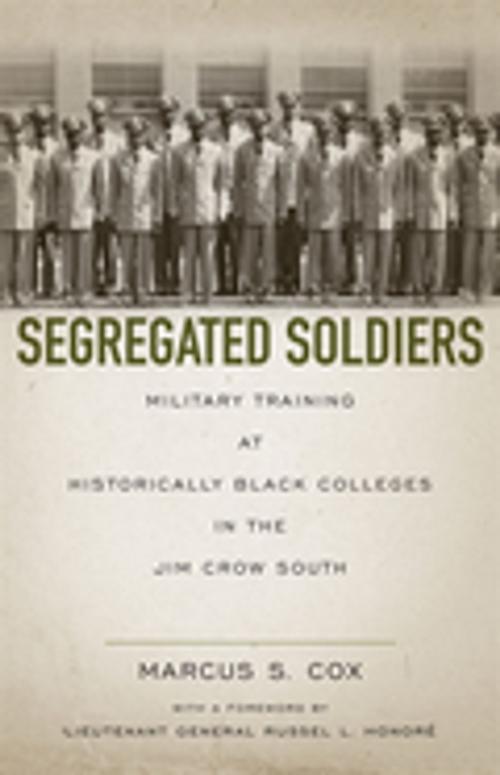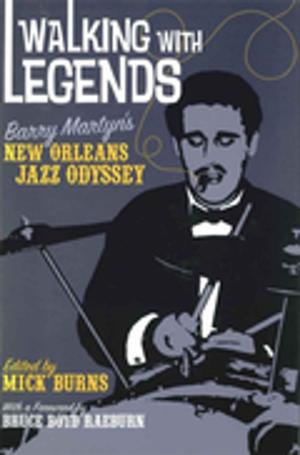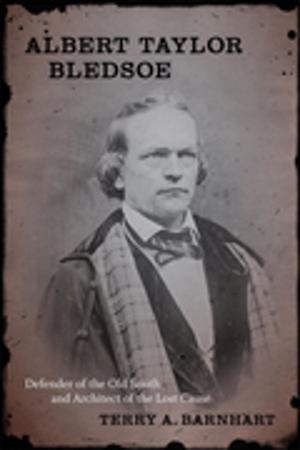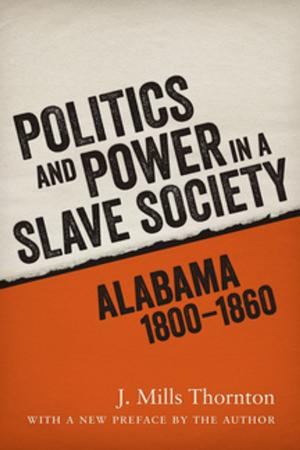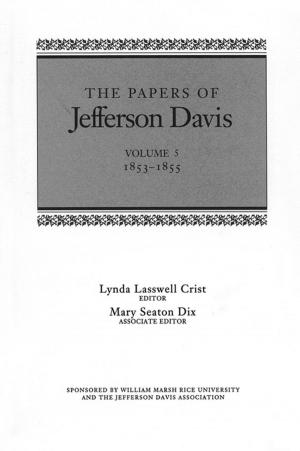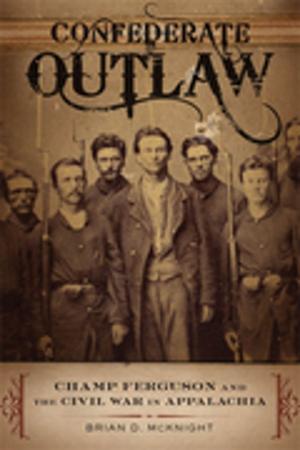Segregated Soldiers
Military Training at Historically Black Colleges in the Jim Crow South
Nonfiction, Social & Cultural Studies, Social Science, Cultural Studies, African-American Studies, History, Military, Americas, United States| Author: | Marcus S. Cox | ISBN: | 9780807151785 |
| Publisher: | LSU Press | Publication: | May 13, 2013 |
| Imprint: | LSU Press | Language: | English |
| Author: | Marcus S. Cox |
| ISBN: | 9780807151785 |
| Publisher: | LSU Press |
| Publication: | May 13, 2013 |
| Imprint: | LSU Press |
| Language: | English |
In Segregated Soldiers, Marcus S. Cox investigates military training programs at historically black colleges and universities, and demonstrates their importance to the struggle for civil rights. Examining African Americans' attitudes toward service in the armed forces, Cox focuses on the ways in which black higher education and Reserve Officer Training Corps (ROTC) programs worked together to advance full citizenship rights for African Americans. Educators at black colleges supported military training as early as the late nineteenth century in hopes of improving the social, economic, and political state of black citizens. Their attitudes reflected the long-held belief of many African Americans who viewed military service as a path to equal rights.
Cox begins his narrative in the decades following the Civil War, when the movement to educate blacks became an essential element in the effort to offer equality to all African Americans. ROTC training emerged as a fundamental component of black higher education, as African American educators encouraged military activities to promote discipline, upright behavior, and patriotism. These virtues, they believed, would hasten African Americans' quest for civil rights and social progress.
Using Southern University -- one of the largest African American institutions of higher learning during the post--World War II era -- as a case study, Cox shows how blacks' interest in military training and service continued to rise steadily throughout the 1950s. Even in the 1960s and early 1970s, despite the growing unpopularity of the Vietnam War, the rise of black nationalism, and an expanding economy that offered African Americans enhanced economic opportunities, support for the military persisted among blacks because many believed that service in the armed forces represented the best way to advance themselves in a society in which racial discrimination flourished.
Unlike recent scholarship on historically black colleges and universities, Cox's study moves beyond institutional histories to provide a detailed examination of broader social, political, and economic issues, and demonstrates why military training programs remained a vital part of the schools' missions.
In Segregated Soldiers, Marcus S. Cox investigates military training programs at historically black colleges and universities, and demonstrates their importance to the struggle for civil rights. Examining African Americans' attitudes toward service in the armed forces, Cox focuses on the ways in which black higher education and Reserve Officer Training Corps (ROTC) programs worked together to advance full citizenship rights for African Americans. Educators at black colleges supported military training as early as the late nineteenth century in hopes of improving the social, economic, and political state of black citizens. Their attitudes reflected the long-held belief of many African Americans who viewed military service as a path to equal rights.
Cox begins his narrative in the decades following the Civil War, when the movement to educate blacks became an essential element in the effort to offer equality to all African Americans. ROTC training emerged as a fundamental component of black higher education, as African American educators encouraged military activities to promote discipline, upright behavior, and patriotism. These virtues, they believed, would hasten African Americans' quest for civil rights and social progress.
Using Southern University -- one of the largest African American institutions of higher learning during the post--World War II era -- as a case study, Cox shows how blacks' interest in military training and service continued to rise steadily throughout the 1950s. Even in the 1960s and early 1970s, despite the growing unpopularity of the Vietnam War, the rise of black nationalism, and an expanding economy that offered African Americans enhanced economic opportunities, support for the military persisted among blacks because many believed that service in the armed forces represented the best way to advance themselves in a society in which racial discrimination flourished.
Unlike recent scholarship on historically black colleges and universities, Cox's study moves beyond institutional histories to provide a detailed examination of broader social, political, and economic issues, and demonstrates why military training programs remained a vital part of the schools' missions.
